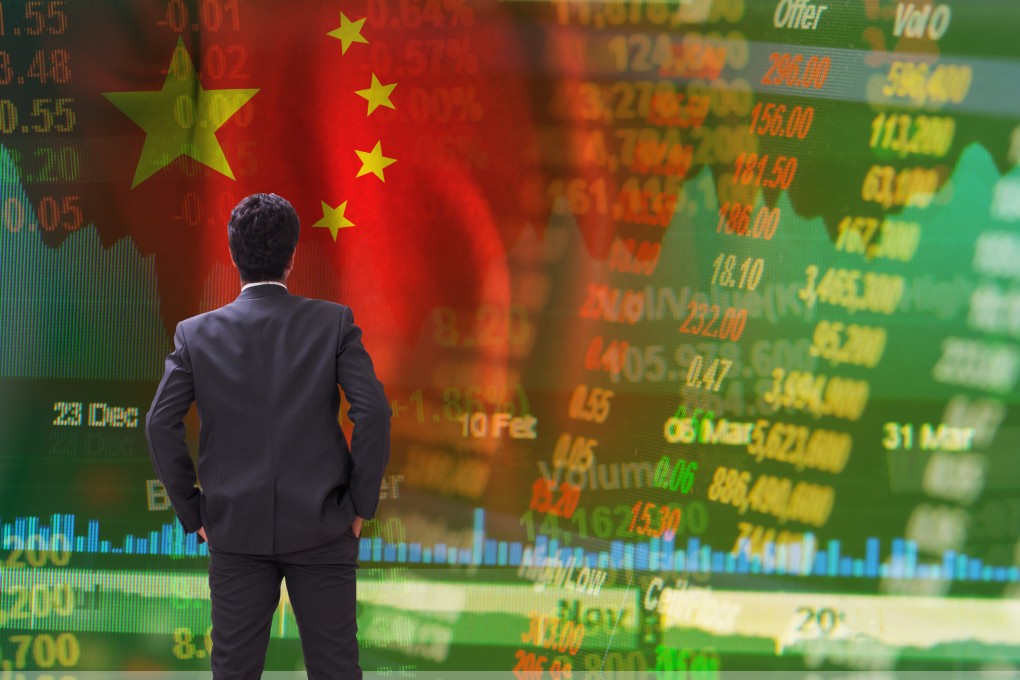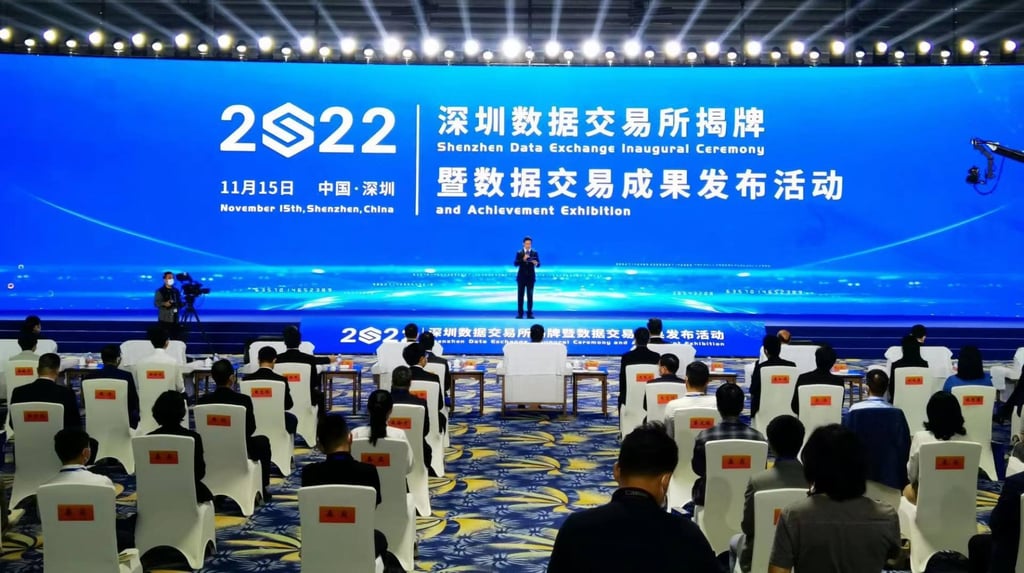Advertisement
China’s creation of market for trading data to help achieve ‘common prosperity’ goal, country’s top economic planner says
- How data will play a role in wealth distribution marks ‘a major theory innovation and breakthrough by the Chinese Communist Party’, the NDRC says
- ‘Common prosperity’ emerged as a high priority in Beijing’s economic agenda during the 20th Party Congress held in October last year
Reading Time:2 minutes
Why you can trust SCMP
4

Building a market for trading data represents a “key measure” for China to move forward its “common prosperity” strategy, according to the country’s top economic planning body, as Beijing boosts efforts to develop the nation’s digital economy by applying commercial rules to information exchange.
“The idea that data should play a role in wealth distribution is a major theory innovation and breakthrough by the Chinese Communist Party,” the National Development and Reform Commission (NDRC) wrote in an article published in the latest edition of Qiushi, the party’s official journal.
While China’s data trading experiment is still at an early stage, it “brings new opportunities” that will allow people to share the benefits of a digital economy, according to the NDRC. In April 2020, policymakers added data as a new production factor that is in the same category as land, capital and human labour.
Advertisement
Common prosperity, an ideal about economic equality, was revived by President Xi Jinping in August 2021 as a means to “properly deal with the relationship between efficiency and fairness”. It emerged as a high priority in Beijing’s economic agenda during the 20th Party Congress held in October last year.

Since there are currently no tried-and-tested schemes for China’s data market, the central government is willing to explore possible solutions. On data ownership, NDRC said all parties involved in the areas of data collection, processing, trade and application should each be entitled to certain rights.
Advertisement
Advertisement
Select Voice
Choose your listening speed
Get through articles 2x faster
1.25x
250 WPM
Slow
Average
Fast
1.25x